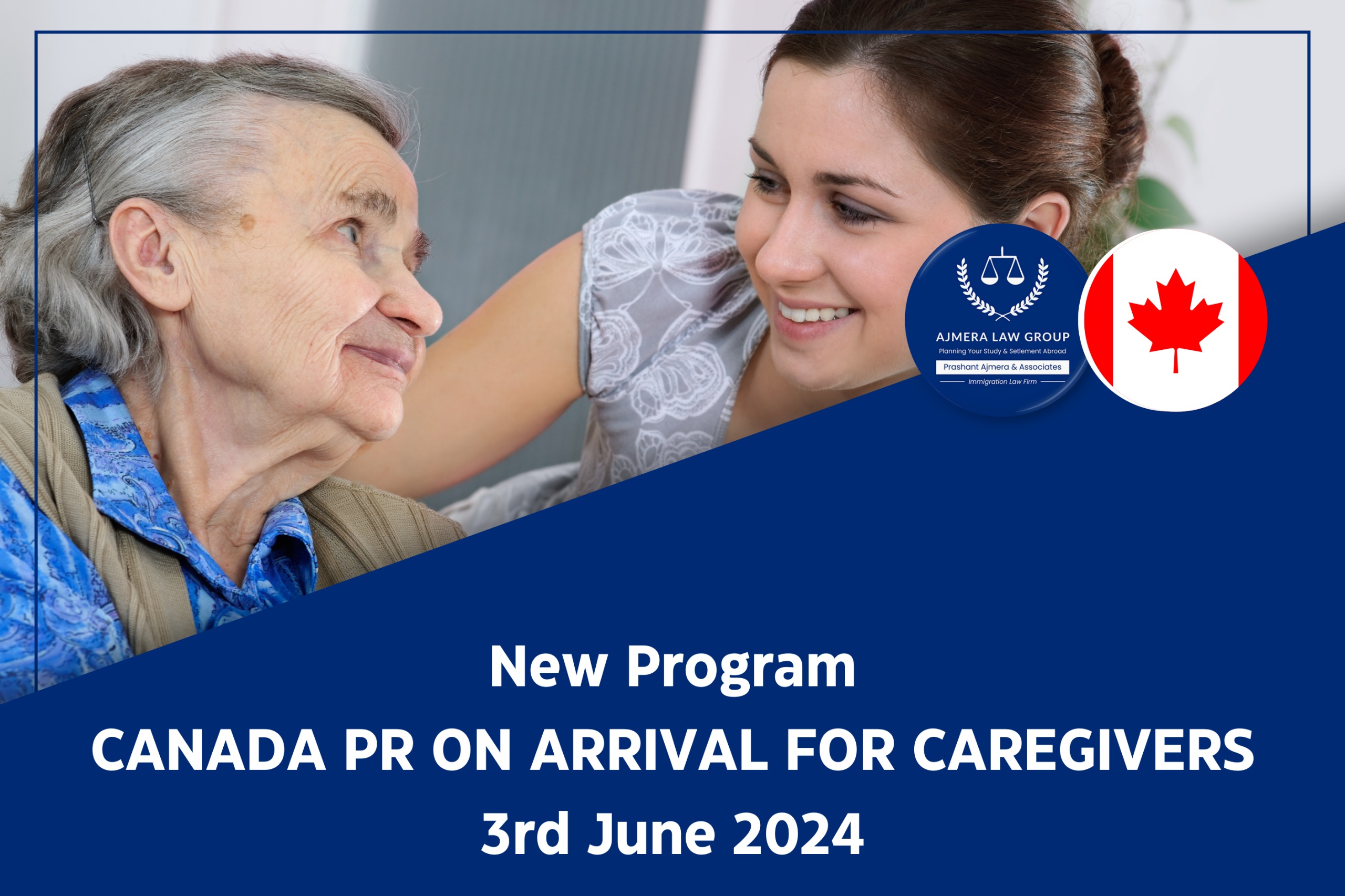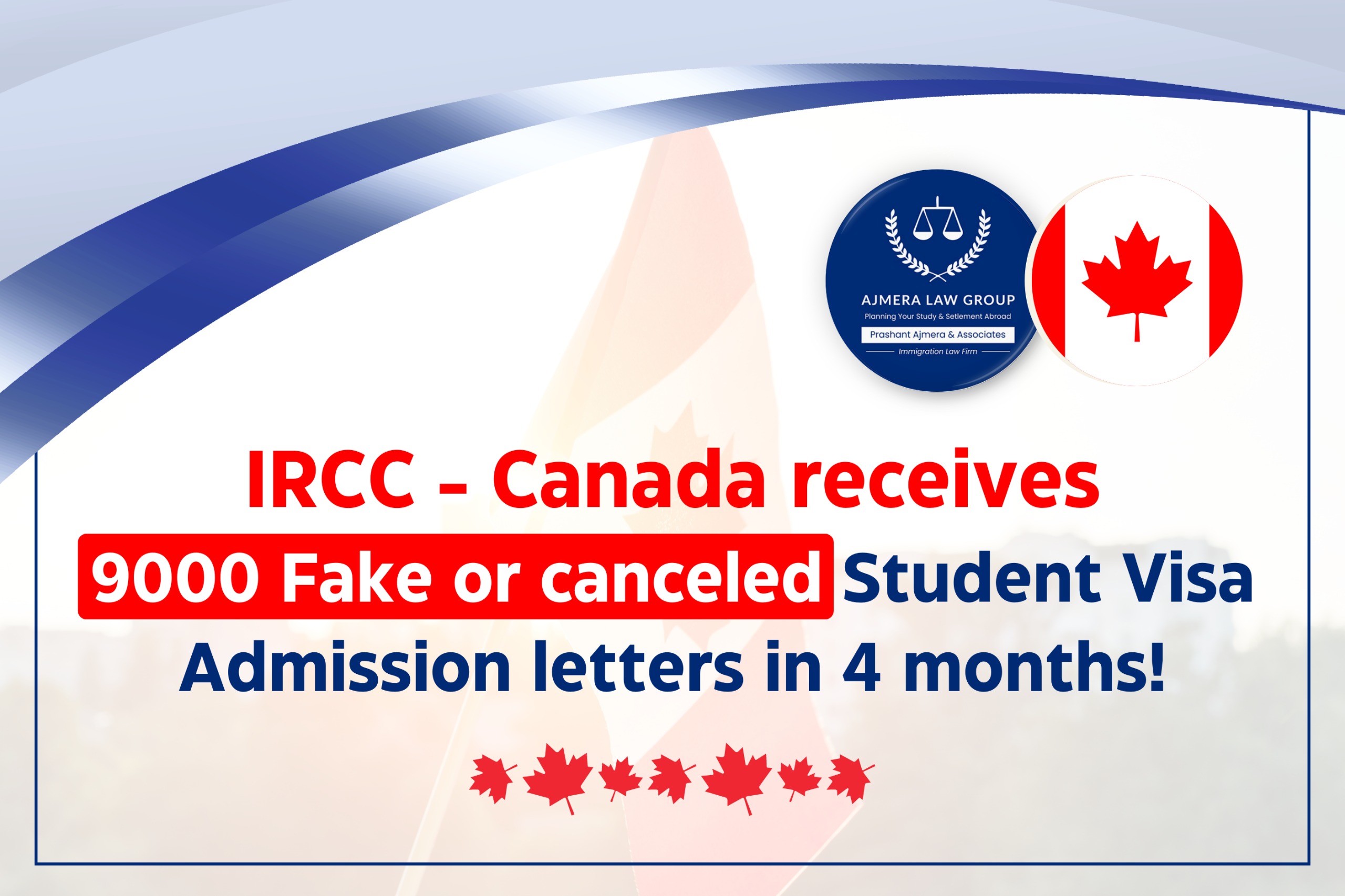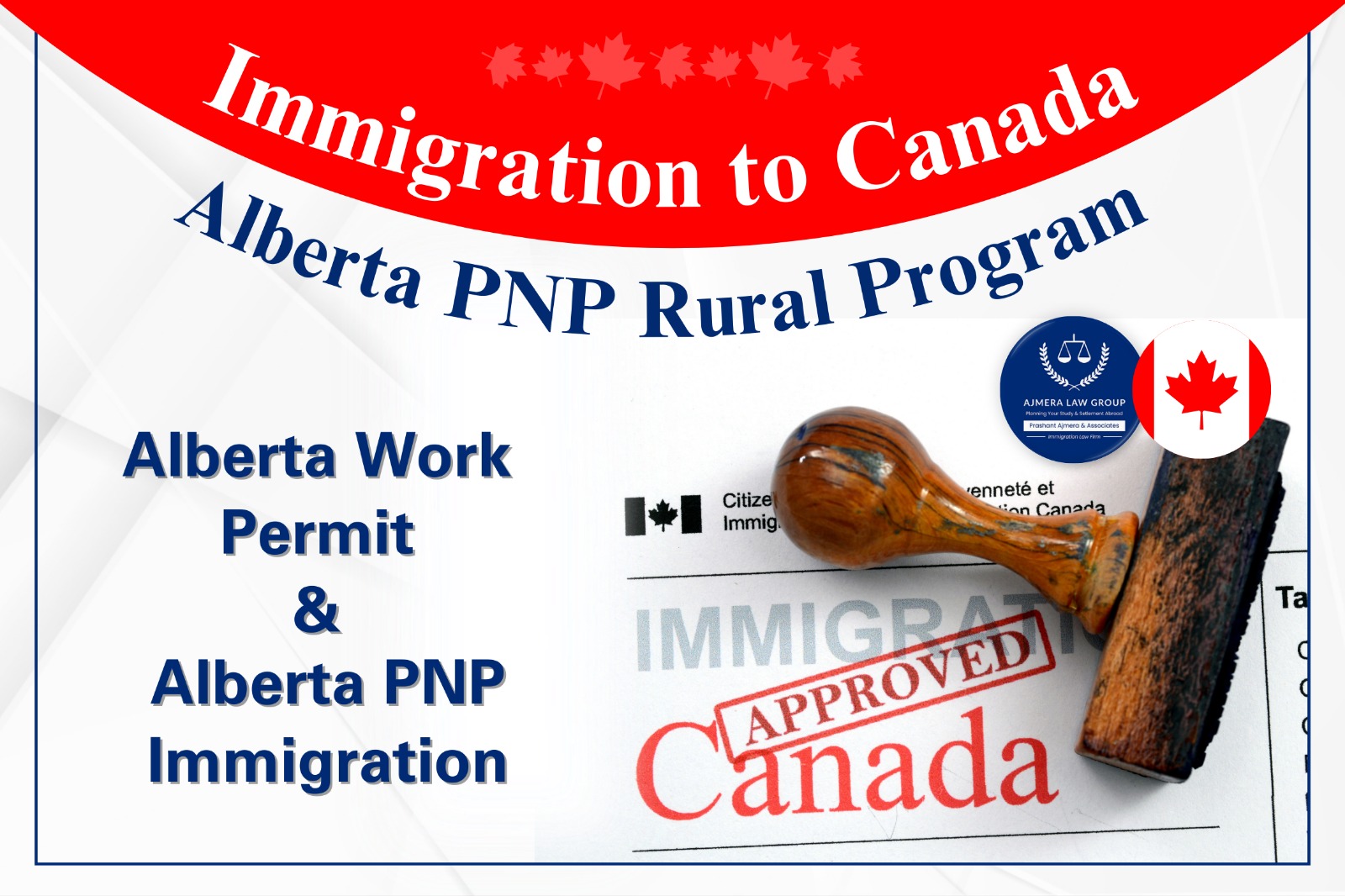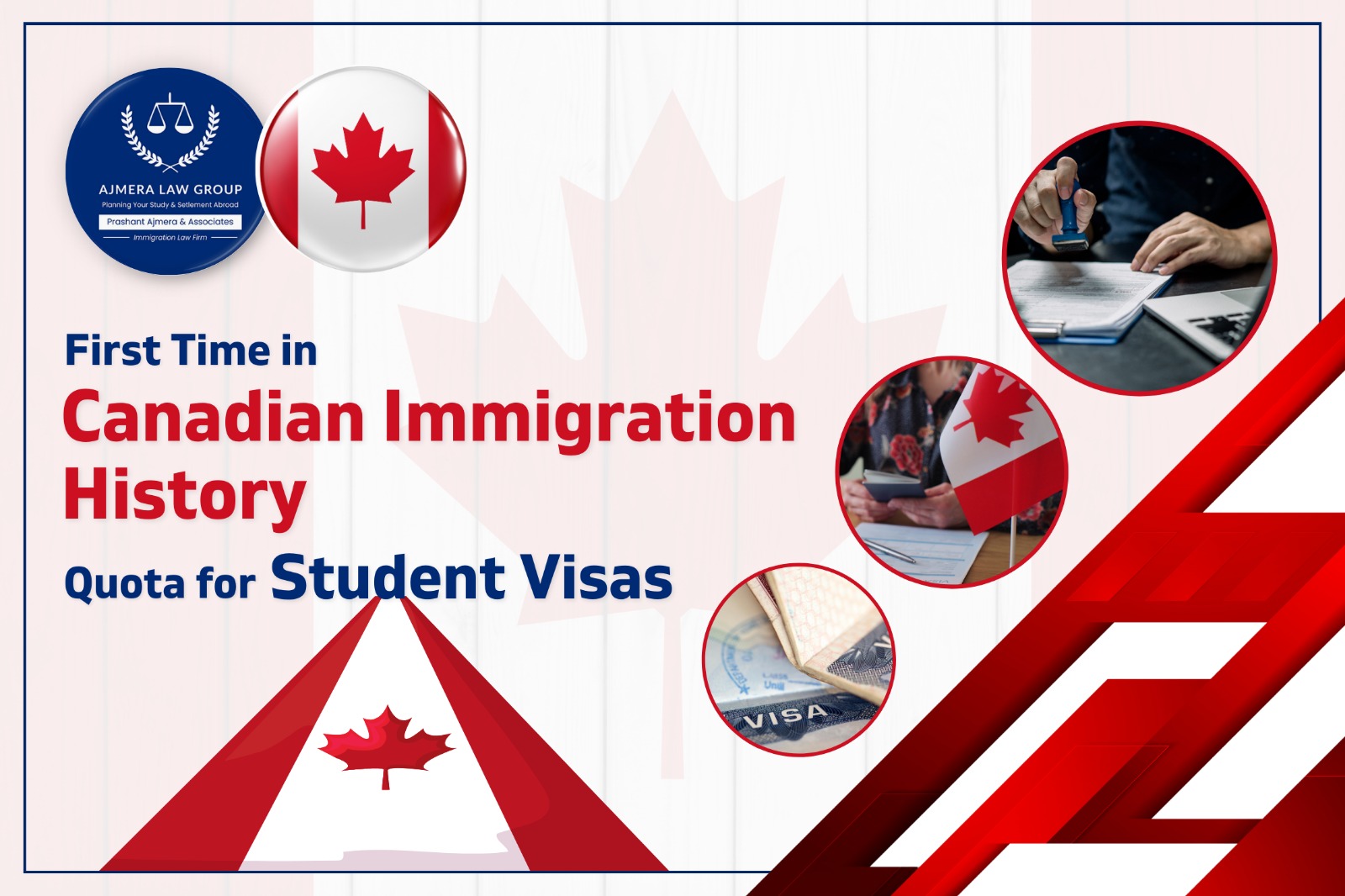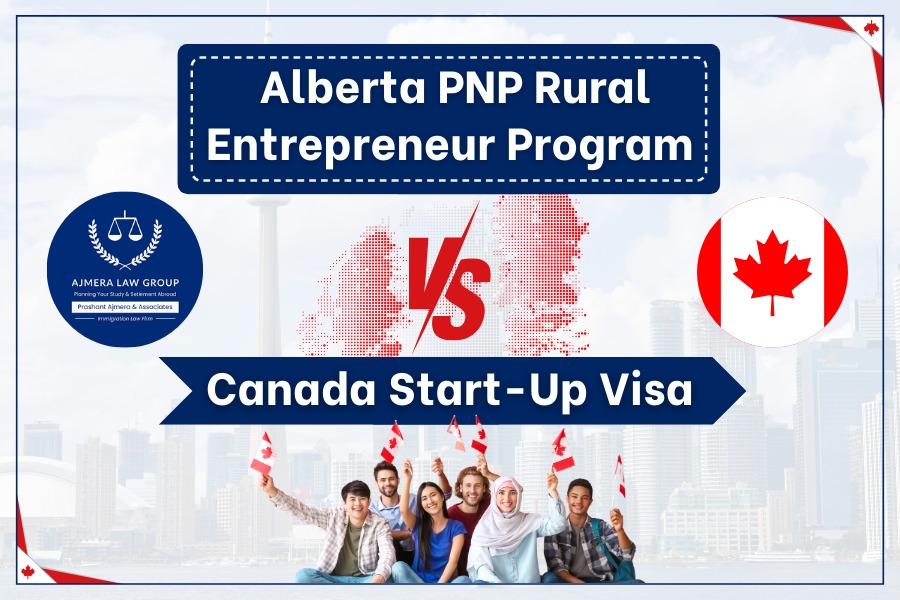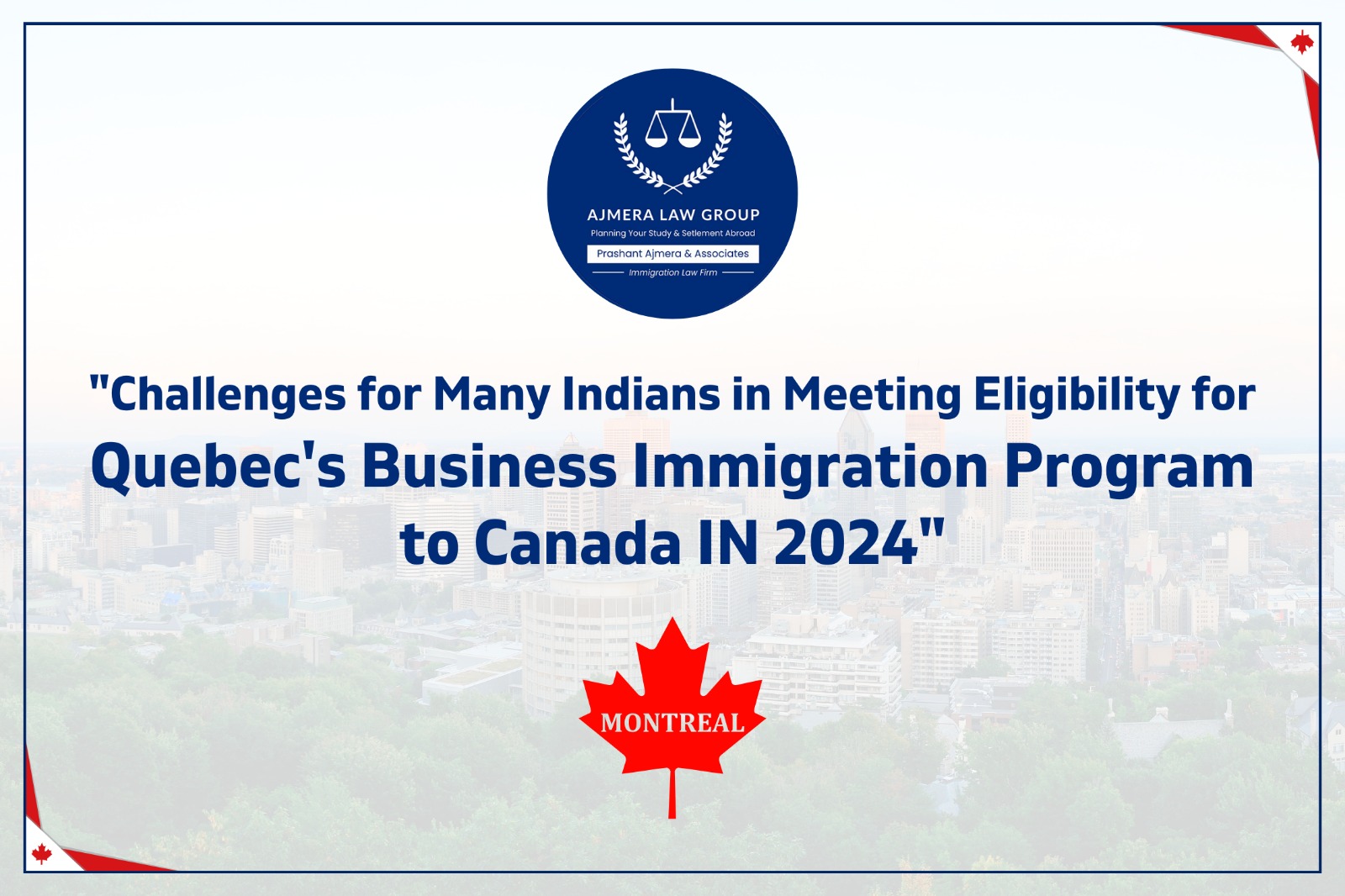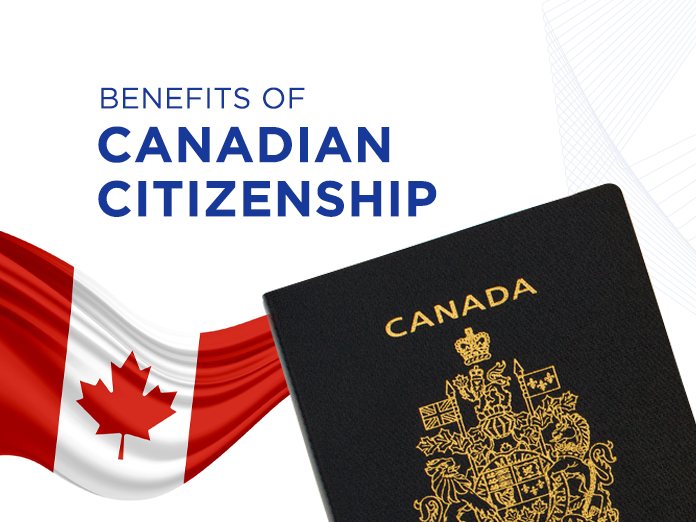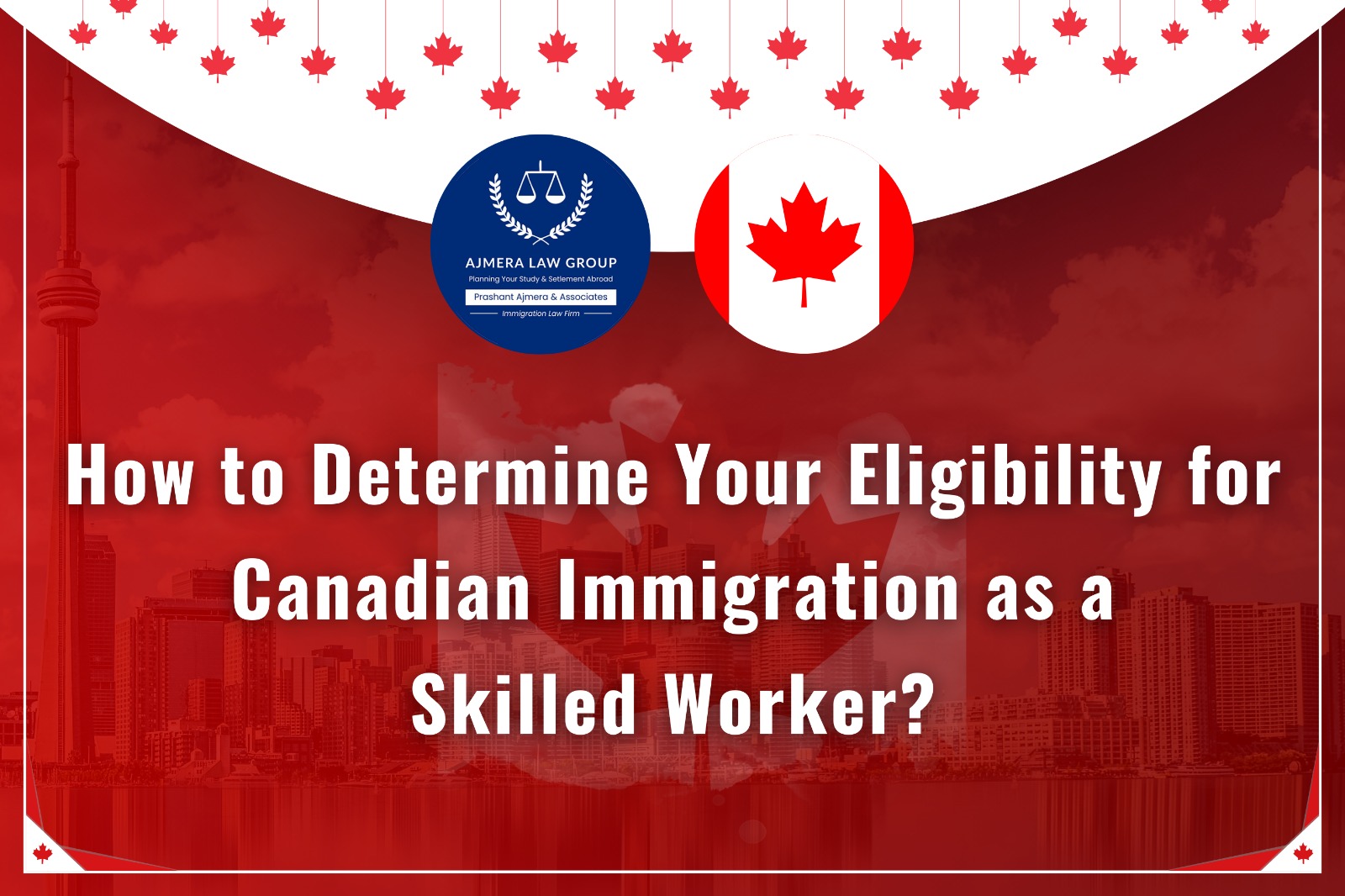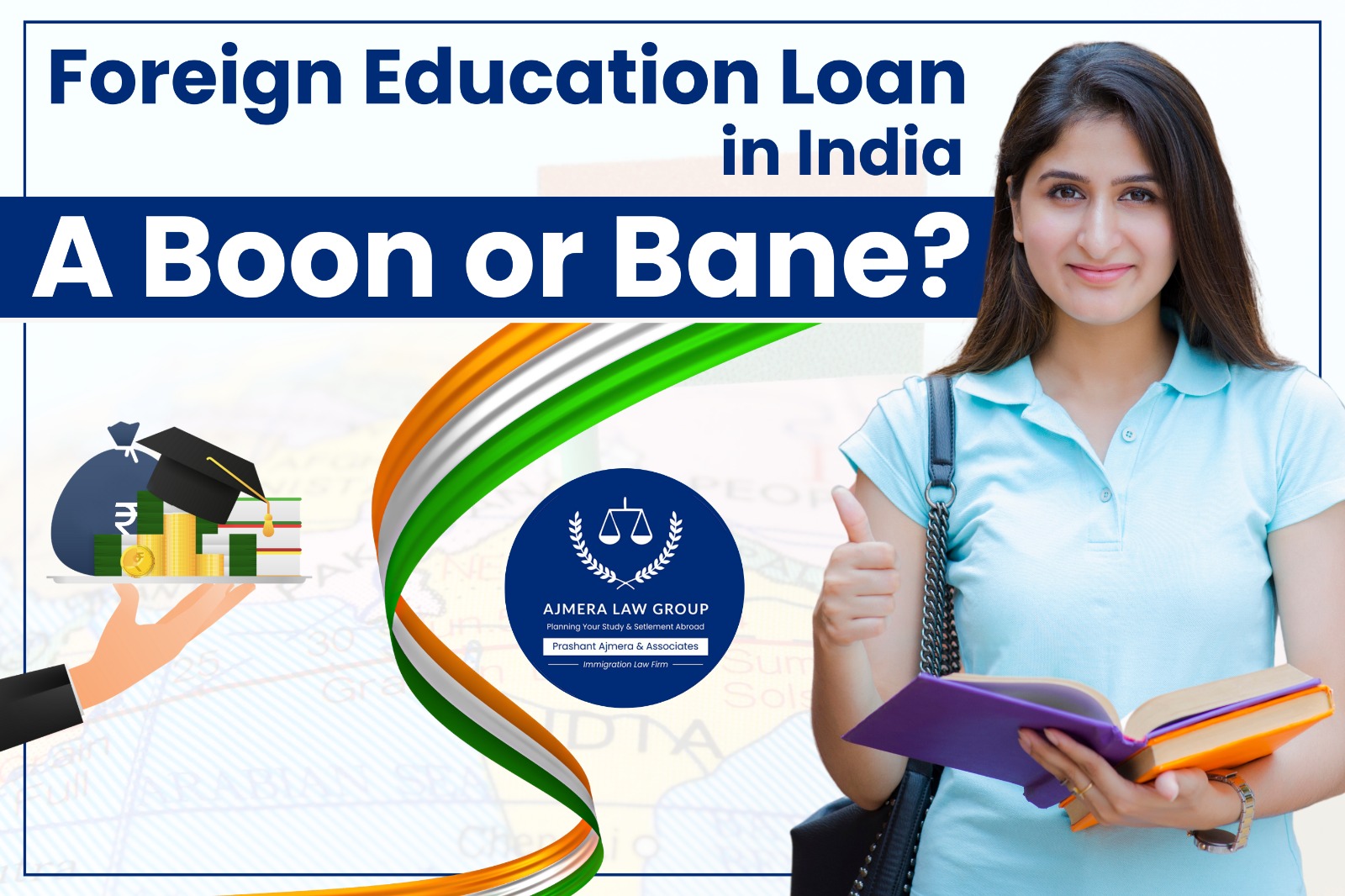CANADA PR ON ARRIVAL FOR CAREGIVERS
### Canada Introduces New Pilot Programs to Support Caregivers and Canadian Families
Foreign caregivers are essential to Canadian families, making a significant impact on the lives of children, seniors, and individuals with disabilities. In recognition of their vital contributions, Canada is rolling out new pilot programs aimed at enhancing support for caregivers and Canadian families, with plans to make these programs permanent.
#### Enhanced Caregiver Pilots Announced
As the Home Child Care Provider Pilot and the Home Support Worker Pilot are set to conclude later this month, the Honourable Marc Miller, Minister of Immigration, Refugees and Citizenship, has announced the initiation of new and improved caregiver pilots. These programs will continue to allow caregivers to come to Canada and work towards obtaining permanent residency (PR).
#### Benefits of the New Pilot Programs
The new pilot programs offer numerous advantages for caregivers, including:
– **Permanent Residency Upon Arrival**: Caregivers will be granted PR status as soon as they arrive in Canada, facilitating their integration and providing greater stability.
– **Broader Employment Options**: Caregivers will be permitted to work for organizations that offer temporary or part-time care for individuals who are semi-independent or recovering from an illness or injury.
– **Simplified Employment Pathways**: These programs aim to make it easier for caregivers to secure suitable jobs with dependable employers.
#### Eligibility Requirements
To be eligible for these new pilot programs, applicants must meet the following criteria:
– Achieve a minimum of level 4 on the Canadian Language Benchmarks (CLB).
– Possess the equivalent of a Canadian high school diploma.
– Have recent and relevant work experience.
– Receive a full-time job offer in home care.
These new pathways enable caregivers to find appropriate employment with reputable employers and gain straightforward access to PR status upon arrival in Canada.
#### Supporting Canadian Families
The new PR on arrival pilot programs represent a major advancement in addressing the evolving home care needs of Canada’s diverse population. They ensure that caregivers receive adequate support and that Canadian families benefit from high-quality care.
### Statements from Canadian Officials
**The Honourable Marc Miller, Minister of Immigration, Refugees and Citizenship**, emphasized the significance of the new programs:
“Caregivers are crucial in supporting Canadian families, and our programs must reflect their invaluable contributions. As we strive to establish a permanent caregivers program, these two new pilots will not only enhance support for caregivers but also ensure families receive the high-quality care they need.”
**The Honourable Rechie Valdez, Minister of Small Business**, expressed pride in the new initiatives:
“After listening to stories and feedback from caregivers across Canada, I am proud that we are taking concrete steps to create policies that support the caregiver community. Generations of caregivers have advocated for this vital pathway and have looked after our families and loved ones in Canada. Now is the time to give them the care they deserve.”
### Quick Facts
– In June 2014, there were over 60,000 individuals in the Live-in Caregiver Program. Today, less than 1% of that inventory remains.
– Under the 2024–2026 Immigration Levels Plan, Canada will admit over 15,000 caregivers as permanent residents.
– As of April 30, 2024, nearly 5,700 caregivers and their family members have become permanent residents since the launch of the Home Child Care Provider Pilot and the Home Support Worker Pilot in 2019.
These new pilot programs underscore Canada’s dedication to supporting caregivers and providing a secure pathway to permanent residency.
More details on the full eligibility criteria and application process will be available as the programs are fully launched.
Please contact and consult only an Indian Immigration Lawyer Mr. Prashant Ajmera of Ajmera Law Group at +919974253030 | email: info@ajmeralaw.com


